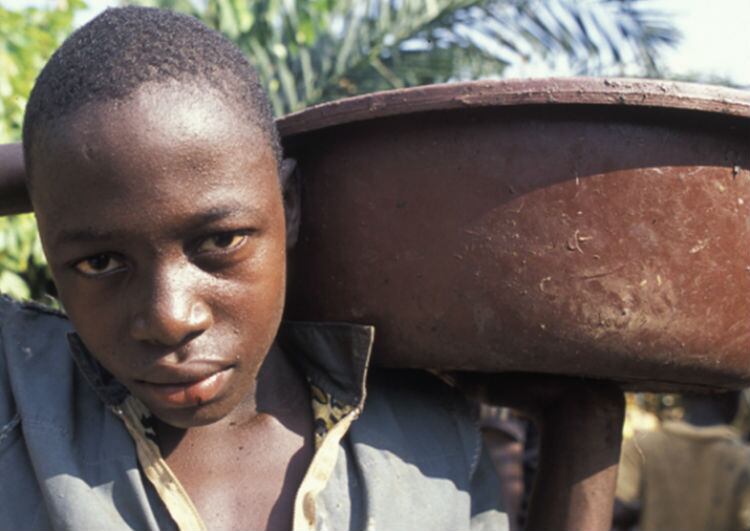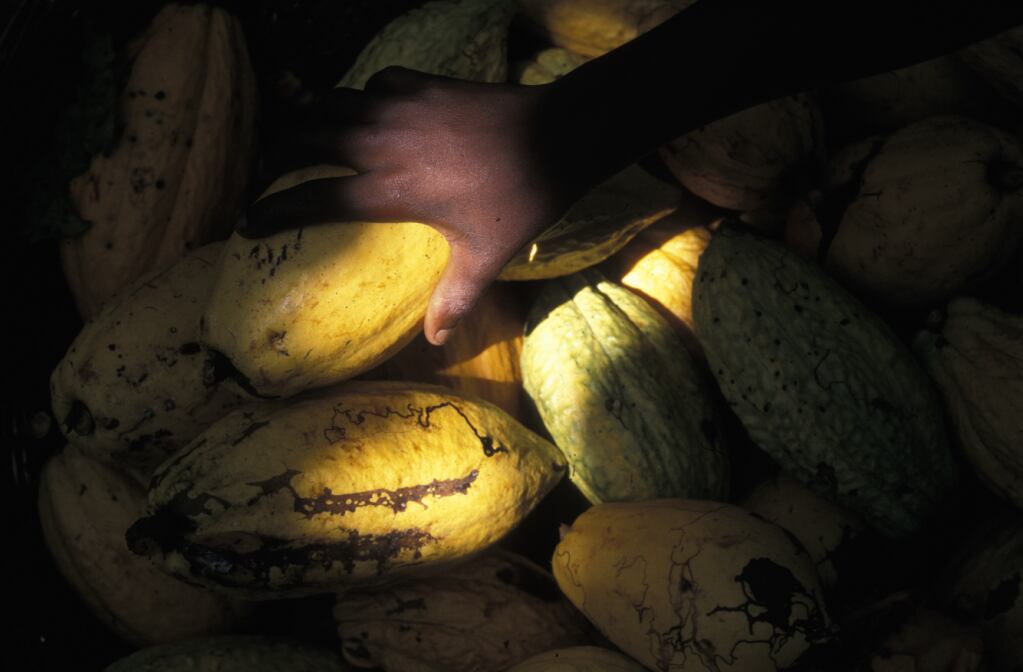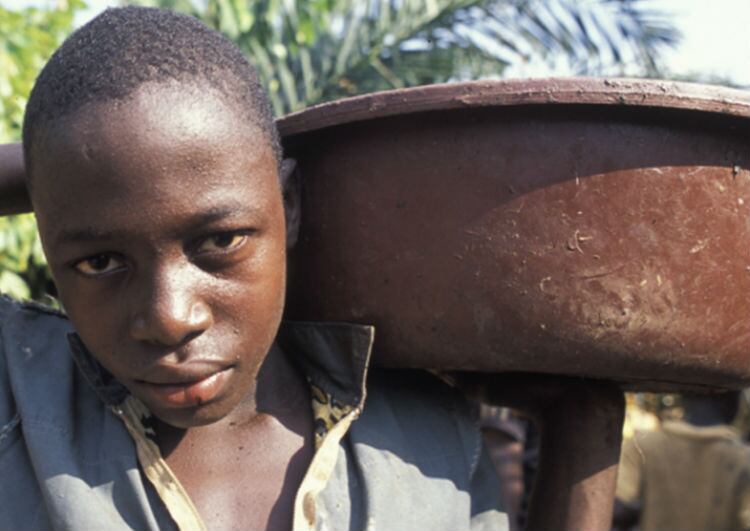In its 2020 annual report, released this month, and marking the end of its 2015-2020 strategy, the organisation reveals that its work with its partners reached over 422,000 children in cocoa-growing communities
Last year also saw the publication of the latest study on child labour in cocoa in Cote d’Ivoire and Ghana by the National Opinion Research Center at the University of Chicago (NORC), estimating that 1.56 million children are still engaged in child labour in the cocoa sectors of these countries.
We have seen that interventions are working and we have seen real change for children and their families on the ground -- Nick Weatherill, ICI’s Executive Director
The year was also marked by the Covid-19 pandemic that severely impacted farming communities and the cocoa sector’s sustainability operations.
Despite the challenges encountered, ICI’s 2020 Annual Report shows there is solid evidence of progress and impact – and says now is the time to build on this and take those proven activities to scale.
“What we have learned over the past five years has directly fed and fuelled our new strategy. We have seen that interventions are working and we have seen real change for children and their families on the ground, where those interventions are implemented. But with the sobering findings from the 2020 NORC report and the disruptive potential of the continuing Covid-19 pandemic, the need for greater action is paramount,” says Nick Weatherill, ICI’s Executive Director.
The ICI says it has surpassed its original target of identifying 375,000 children at risk from hazardous or forced work and highlights in the report that 422,000 children have been positively impacted by its direct implementation work.
The lives of these children have been improved through a combination of child-centred community development work and Child Labour Monitoring and Remediation Systems (CLMRS), implemented with ICI’s members and partners.
“Over the course of the strategy, these systems have proven their effectiveness at reducing child labour in cocoa-growing areas, findings which were corroborated by a sub-study conducted by NORC in 2020 that documented a 30% reduction in child labour in communities where industry-backed child protection interventions have been in place for three years or more,” says the ICI.
Writing in a blog, Weatherill says: “Crucially for the cocoa sector, calls from all sides for mandatory human rights due diligence, requiring companies to identify, respond to and report on human rights issues in their supply chain, continue to grow louder and drive new regulations in many parts of the world. As we enter the early phases of ICI’s new strategy, we expect that human rights due diligence legislation will be a game-changer in driving forward the responsible and impactful action required, based on transparency and accountability.”
A recent external evaluation of ICI’s Advocacy work confirms ICI’s credibility and impact as an influential technical expert over the 2015-2020 period. It underlines the importance of ICI’s operational experience in enabling the organisation to help align standards and approaches within the sector, to develop a common language and definitions relating to the challenge, and to catalyse the upscaling of defined good practices. The ICI says evaluation will be available later in 2021.
But the ICI report warns that many challenges still persist and have in turn been seriously exacerbated by the Covid-19 pandemic.
“We emerge from this strategic period with a keen awareness of the need for greater alignment, increased engagement and investment from all actors within the sector, and greater transparency and accountability from all stakeholders. The last five years have also revealed that there are real, if localized, risks of forced labour in the cocoa supply chain that need to be addressed, that we must deepen our understanding of the underlying root causes of both forced labour and child labour, and that we must continue innovating in search of new solutions to these problems,” it says.
New focus
ICI’s 2021-2026 Strategy will help address the continuing challenges facing the cocoa sector and drive the scale up of effective systems that prevent and address child labour and the risk of forced labour to cover 100% of the cocoa supply chain in Cote d’Ivoire and Ghana by 2025.
As part of the International Year for the Elimination of Child Labour, this new strategic cycle has already been launched with a pledge from ICI and its members to scale-up child protection systems to cover 540,000 cocoa-growing households in Cote d’Ivoire and Ghana by the end of 2021, representing an estimated 30% of the cocoa supply chain in those countries.
“We are launching this annual report in the International Year for the Elimination of Child Labour, a pivotal opportunity to build momentum and ramp up the fight against child labour at a time when ongoing discussions around human rights due diligence are adding impetus and urgency to the expansion of accountable action. The results highlighted in this report and the roadmap set out in our new strategy demonstrate that we are on the right track, and represent a critically important call for action to be scaled up across the entire cocoa supply chain,” Weatherill says.



